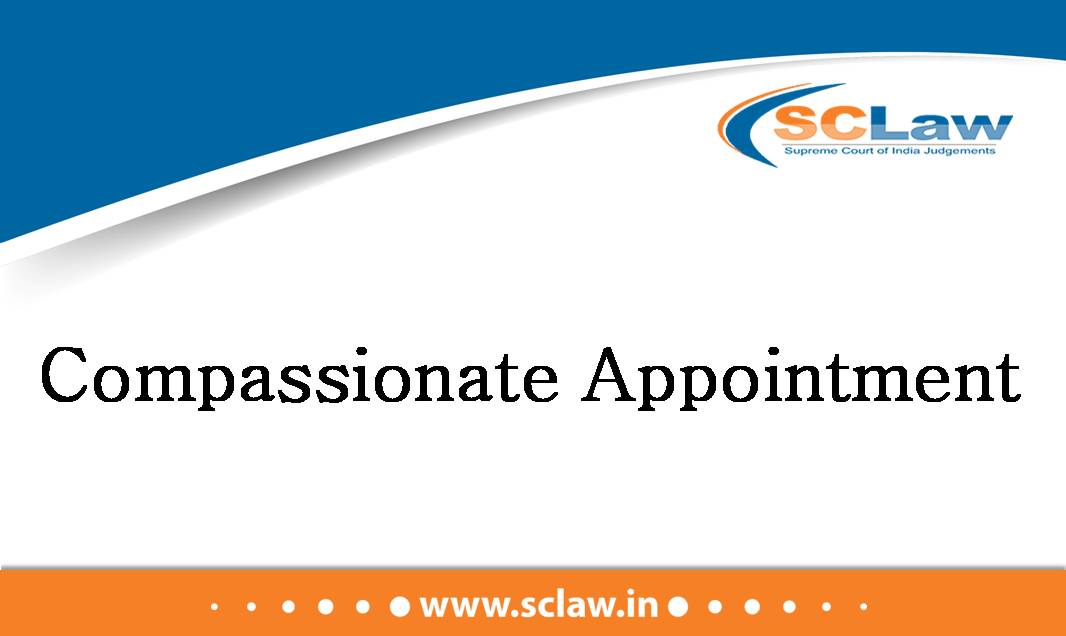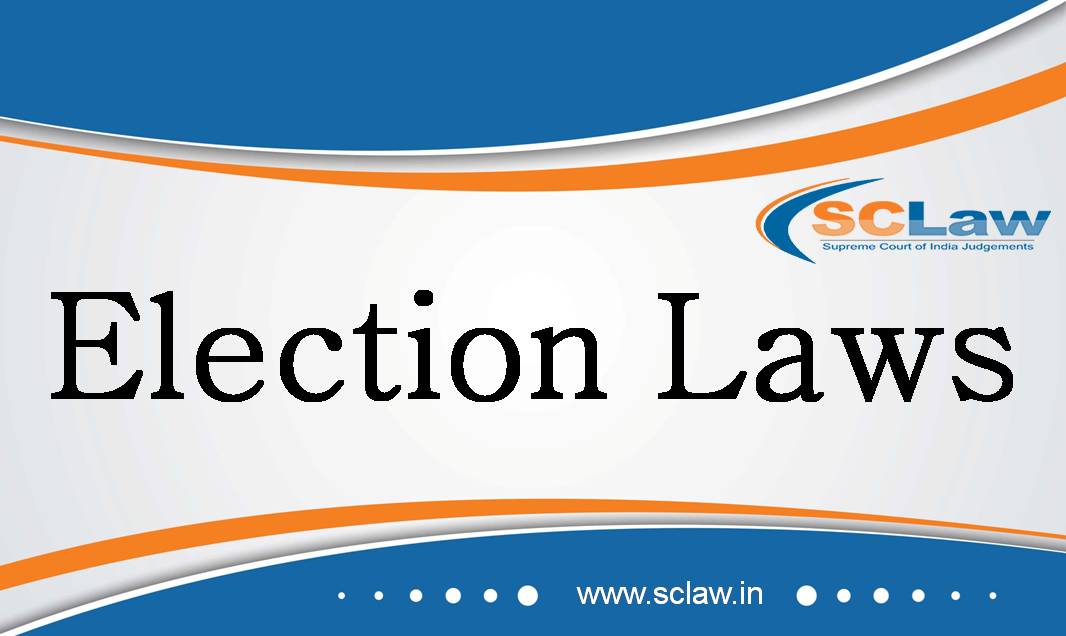Employees Compensation – Death in accident – Relationship of employer and employee has not been proved before the Commissioner – Same being the basic requirement to be fulfilled for claiming compensation under the Employees Compensation Act, 1923, the appellants may not be entitled to receive any compensation.
SUPREME COURT OF INDIA DIVISION BENCH SHANTABAI ANANDA JAGTAP AND ANOTHER — Appellant Vs. JAYRAM GANPATI JAGTAP AND ANOTHER — Respondent ( Before : Abhay S. Oka and Rajesh Bindal,…






